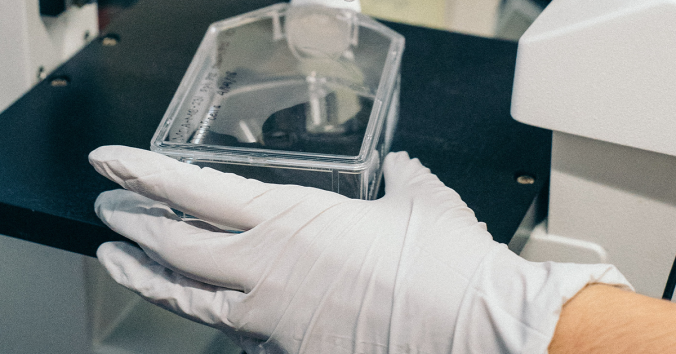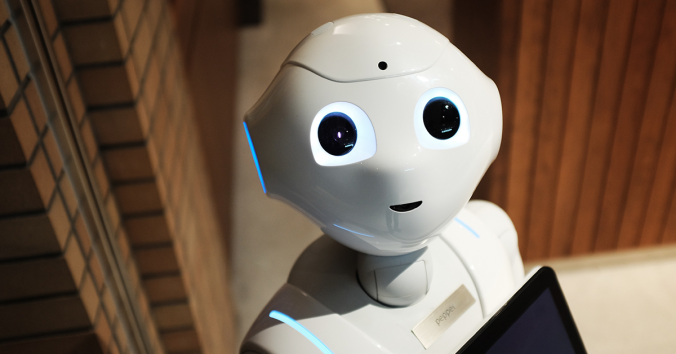Antibiotic resistance is a growing global challenge, particularly for modern healthcare, which relies on antibiotics to prevent and treat infectious diseases. Multi-resistant bacteria are already present across the globe and without effective antibiotics, simple medical interventions will become risky in the future. Each year, several million deaths globally are associated with antibiotic resistance. With more […]
Continue readingPage 5 of 49
During a clinical trial, large amounts of health data are generated that can be useful not only within the current study. If the trial data are made available for sharing, they can be reused within other research projects. Moreover, if the research participants’ individual health data are returned to them, this may benefit the patients […]
Continue readingSeveral ethical concepts and principles govern how patients should be treated in healthcare. For example, healthcare professionals should respect patients’ autonomy. Moreover, they should act in the patients’ best interest and avoid actions that can cause harm. Patients must also be treated fairly. However, exactly how such ethical concepts and principles should be applied can […]
Continue readingPhilosophy is an unusual activity, partly because it can be conducted to such a large extent while sitting still. Philosophers do not need research vessels, laboratories or archives to work on their questions. Just a chair to sit on. Why is it like that? The answer is that philosophers examine our ways of thinking, and […]
Continue readingIn an intensive care unit, seriously ill patients who need medical and technical support for central bodily functions, such as breathing and circulation, are monitored and treated. Usually it goes well, but not all patients survive, despite the advanced and specialized care. An intensive care unit can be a stressful environment for the patient, not […]
Continue readingAs I wrote in previous posts on this blog, the discussion about the possibility of engineering an artificial form of consciousness is growing along with the impressive advances of artificial intelligence (AI). Indeed, there are many questions arising from the prospect of an artificial consciousness, including its conceivability and its possible ethical implications. We deal […]
Continue readingWhat is obvious in principle may turn out to be less obvious in practice. That would be at least one possible interpretation of a new study on ethics in palliative care. Palliative care is given to patients with life-threatening illnesses that cannot be cured. Although palliative care can sometimes contribute to extending life somewhat, the […]
Continue readingIn order to counteract scientific misconduct and harmful research, one often talks about protecting and supporting research integrity. The term seems to cover three different aspects of research, although the differences may not always be fully in mind. The term can refer to the character traits of individual researchers, for example, that the researcher values […]
Continue readingA difficulty for academic writers is managing the dual role of both knowing and not knowing, of both showing the way and not finding it. There is an expectation that such writers should already have the knowledge they are writing about, that they should know the way they show others right from the start. As […]
Continue readingMany forms of artificial intelligence could be considered objects that behave humanly. However, it does not take much for us humans to personify non-living objects. We get angry at the car that does not start or the weather that does not let us have a picnic, as if they were against us. Children spontaneously personify […]
Continue reading









